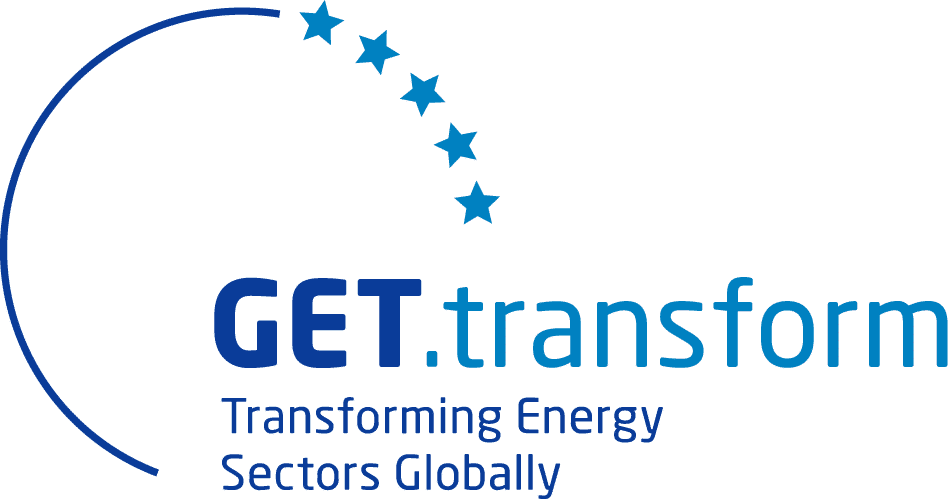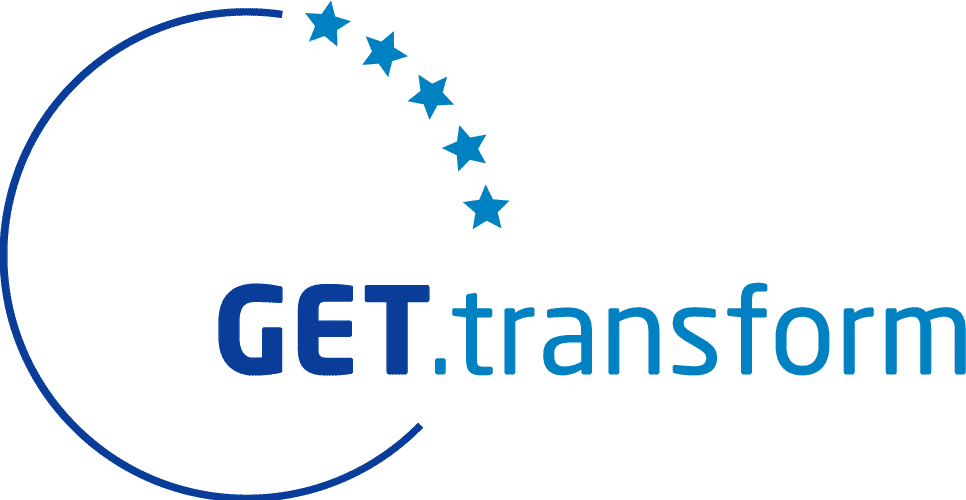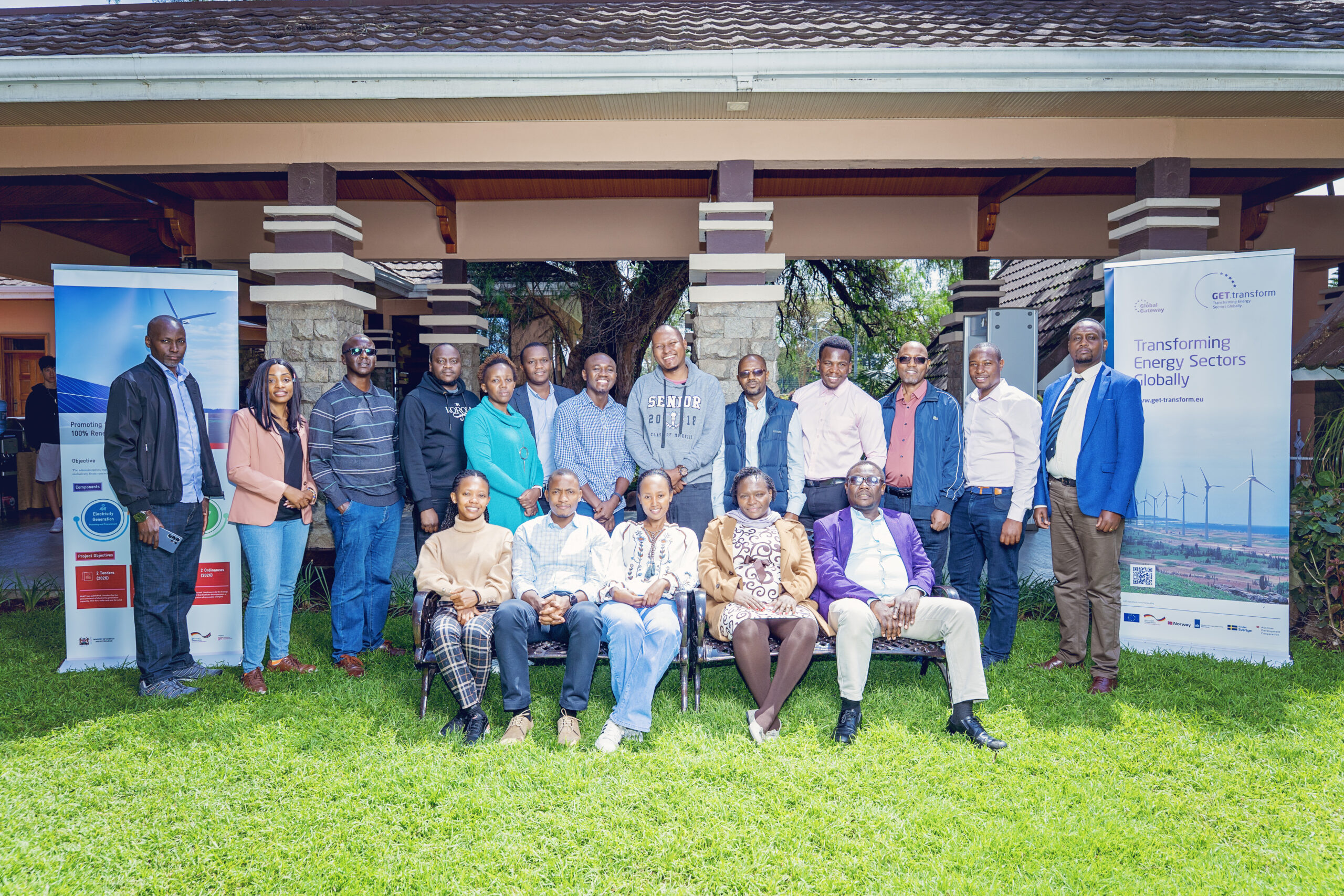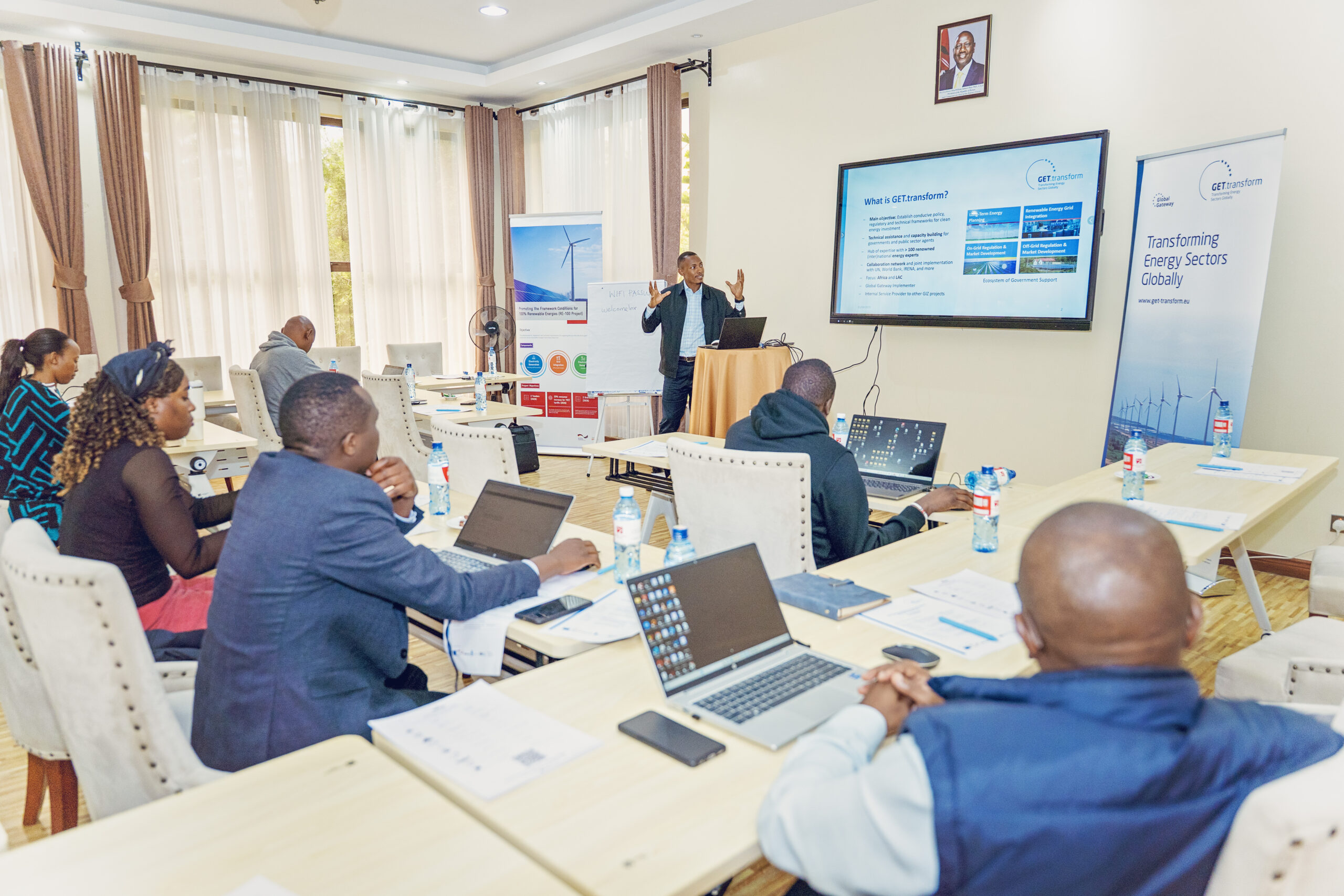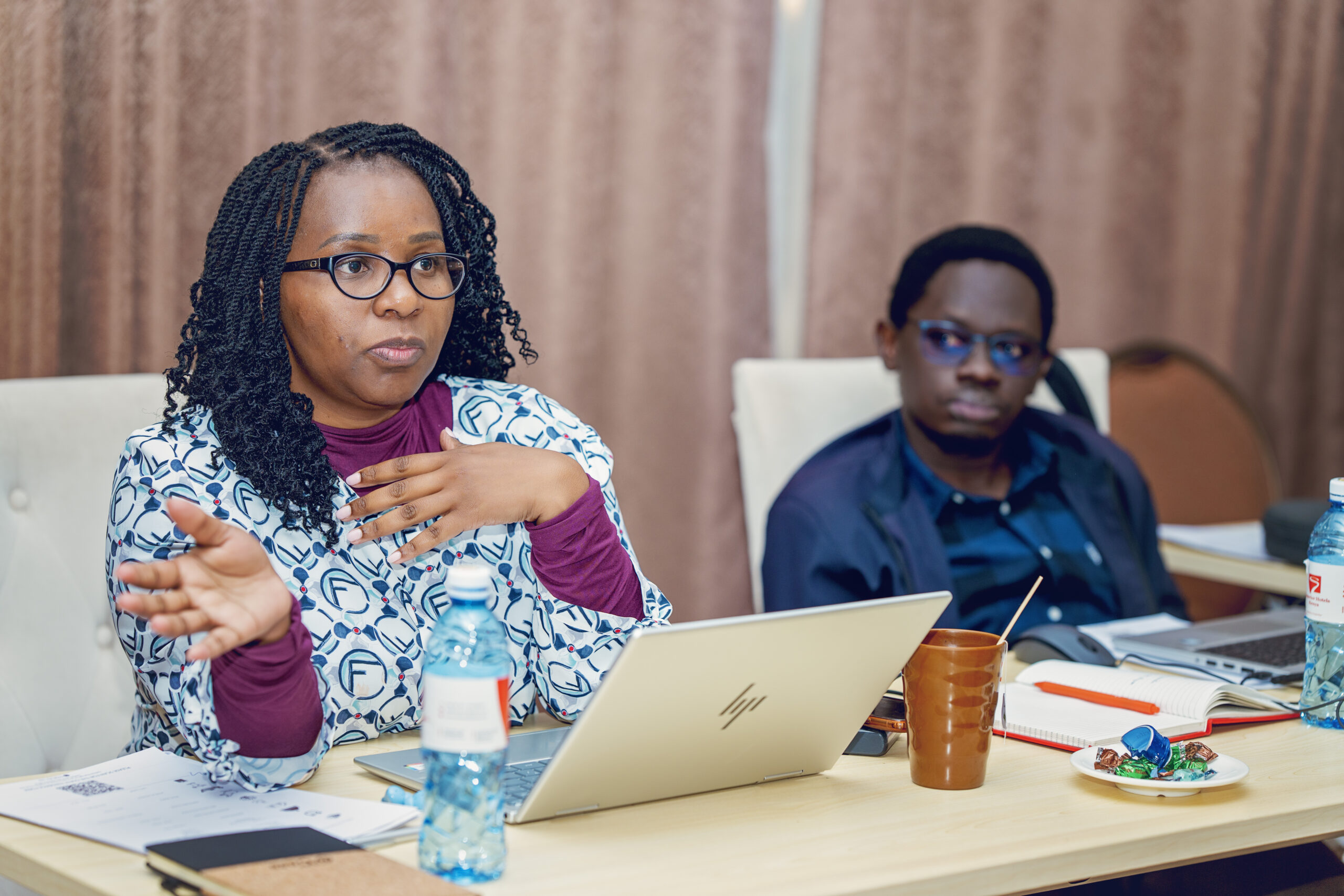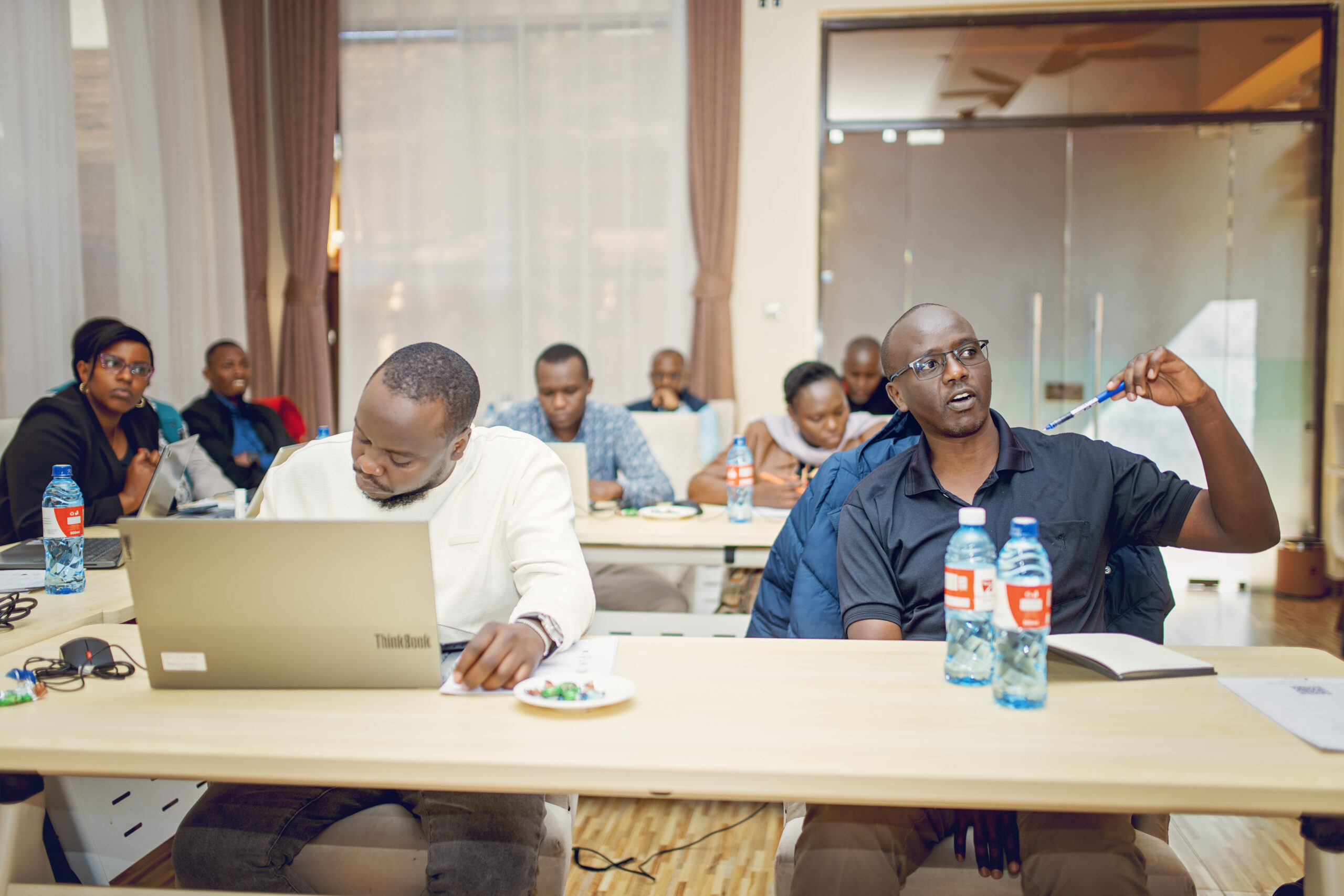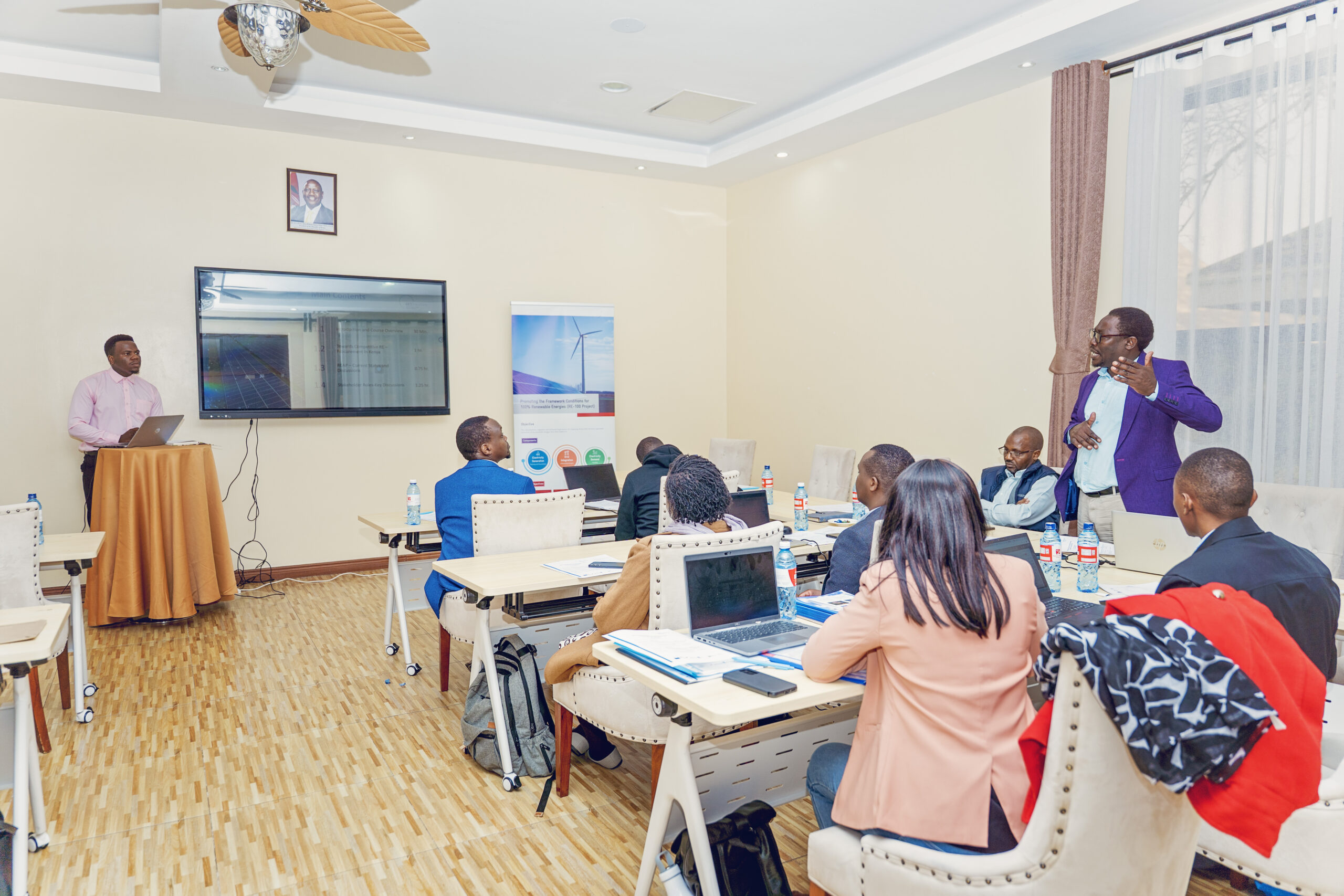Last week, GET.transform, in partnership with GIZ Kenya under the Accelerated Partnerships for Renewables in Africa (APRA) programme and the Ministry of Energy and Petroleum (MoEP), convened a high-level stakeholder training on Skills for Power Procurement at Lake Naivasha in Kenya. Facilitated by Global Markets Energy (GME) Global, the workshop brought together key sector representatives including MoEP, Kenya Electricity Transmission Company (KETRACO), Kenya Electricity Generating Company (KenGen), Rural Electrification and Renewable Energy Corporation (REREC), Energy and Petroleum Regulatory Authority (EPRA)
The expert sessions covered the entire spectrum of competitive renewable energy procurement. Discussions ranged from risk mitigation strategies, auction design, and legal and institutional frameworks, to Power Purchase Agreements (PPAs) and the transition from Feed-in Tariffs (FiTs) to Kenya’s Renewable Energy Auction Policy (REAP). By delving into project development, financing, and transparent bidder evaluation processes, participants gained practical insights to strengthen Kenya’s renewable energy landscape.
The training is a critical step in building the technical, regulatory, and financial capacity necessary to support . By enhancing skills in competitive procurement, the initiative is expected to drive down project costs while ensuring transparent, sustainable, and inclusive energy sector development.
Importantly, this activity builds on the foundation laid through the Policy Catalyst Window on Effective Renewable Energy Tendering, an initiative that helped to boost IPP procurement capabilities in Sub-Saharan Africa. Jointly developed by GET.transform, the Power Futures Lab, the Sustainable Risk Mitigation Initiative (SRMI) of the World Bank’s ESMAP programme and IRENA, the Window offered a 10-month training to officials from 11 African countries, including Kenya.
By linking APRA’s skills training in Kenya with the broader Policy Catalyst framework, this effort underscores a regional push towards accelerating renewable energy transitions through knowledge exchange, regulatory alignment, and sustained capacity building.
